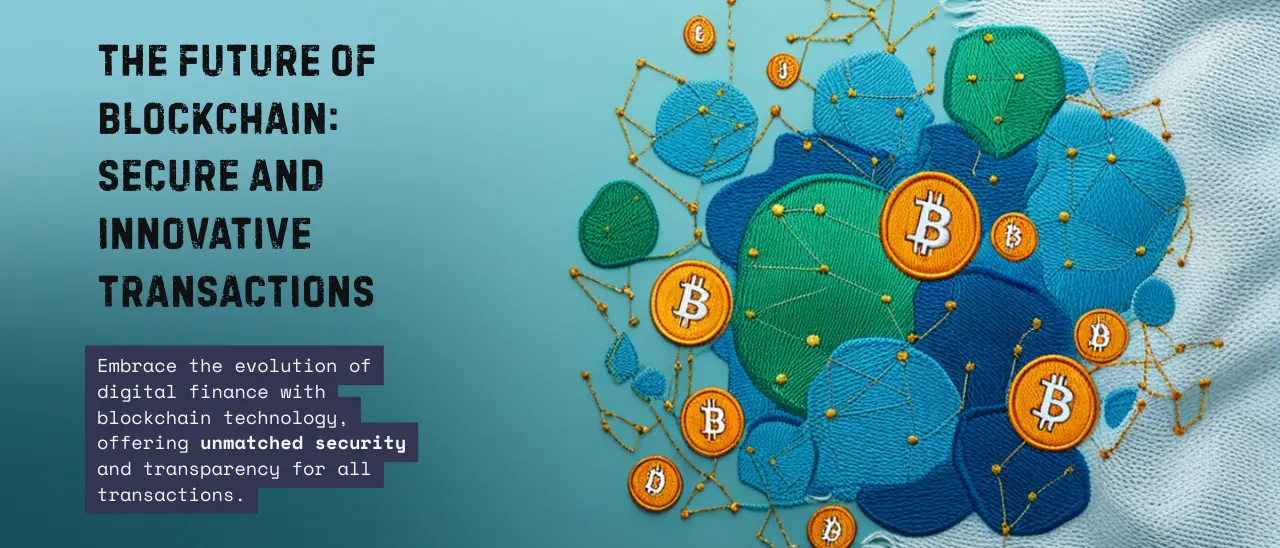Blockchain is becoming an infrastructure technology that will transform not only finance but also daily activities, digital ownership, and information transparency. Understanding its practical applications helps individuals and businesses take advantage of its opportunities.
Decentralized Finance (DeFi) and Asset Tokenization
DeFi platforms enable lending, investing, and payments without traditional intermediaries. Asset tokenization (RWA) allows physical assets such as real estate or stocks to be converted into digital tokens and traded efficiently and transparently. This empowers users with more control over their assets and investments.
"DeFi and asset tokenization simplify financial management, making it transparent and globally accessible."
Self-Sovereign Digital Identity and Data Security
Self-sovereign digital identity allows individuals to fully control their personal and digital data. It supports secure identity verification, reduces reliance on central authorities, and protects user privacy, enabling safe interactions in digital environments.
"With self-sovereign identity, users manage their digital identity and personal data themselves."
Central Bank Digital Currencies (CBDCs) and Digital Voting
CBDCs provide secure, fast, and regulated payments, increasing trust in financial transactions. Blockchain-based digital voting ensures election transparency and accuracy, and scalable infrastructure can handle high transaction volumes efficiently.
"CBDCs and digital voting are practical examples of blockchain applications in daily life."
These applications show that blockchain goes beyond finance and has the potential to redefine how we interact with money, data, and governance in the future.




